Navigating Traffic Violations and Accident Response: Essential Safety Tips
During our years as attorneys at Philip A. Mullins Law, P.C., we have found that many clients are surprised by the magnitude of common traffic violations like speeding. With that in mind, we are reaching out this National Traffic Safety Month to provide an overview of typical legal penalties for such infractions and offer essential tips on what to do if you're in an accident.
Penalties for Speeding
Speeding tickets can carry fines that vary widely, from under $50 to several hundred dollars, depending on the severity of the offense and the jurisdiction. For severe cases, such as excessive speeding (often defined as speeds vastly exceeding the posted limit) or repeated offenses, the consequences can escalate significantly. These instances may not only result in higher fines but can also lead to criminal charges, potentially including misdemeanor or felony charges, depending on state laws and the specifics of the violation.
Other Common Violations
- Distracted Driving: This includes behaviors such as texting while driving. Nationally, fines for such violations typically range from $20 to $250, but some states have much higher fines, even for first-time offenses. The penalties reflect the increasing recognition of the dangers associated with distracted driving, which can significantly compromise road safety.
- Running Red Lights: Fines for this violation also vary widely, generally between $50 and $500. The exact amount can depend on local laws and the circumstances of the offense.
- DUI Offenses: Driving under the influence of alcohol or drugs carries severe penalties, including heavy fines, license suspension, mandatory education programs, and even imprisonment.
Additional Consequences of Traffic Violations
- Increased Insurance Premiums: Traffic violations almost invariably lead to increased car insurance premiums, which can affect your financial situation long-term.
- Points on Your Driver's License: Accumulating points can lead to license suspension, mandatory driver retraining, or other administrative actions.
What to Do If You're in an Accident
Accidents can be overwhelming and disorienting. Knowing the best practices to follow can help you control the situation and ensure the safety and well-being of everyone involved.
- Stay Calm and Secure Safety: Your ability to remain composed is crucial. Move your vehicle to the side of the road if it's safe, turn on hazard lights, and use road flares if you have them to prevent further accidents.
- Accept Medical Attention: Always accept medical help offered at the scene, even if you feel fine. Adrenaline can mask injuries, making them apparent only hours later. A thorough medical check-up is essential to ensure that no underlying injuries go unnoticed.
- Call the Police: Regardless of the accident's severity, calling 911 is essential. The police will document the scene and create an official report, which is invaluable for insurance claims and legal issues.
- Gather Comprehensive Information: Exchange names, contact details, driver’s license numbers, and insurance information with the other driver(s). Take photographs of the accident scene, including all vehicles involved, visible damage, and road conditions. These photos can serve as vital evidence.
- Avoid Admitting Fault: Be cautious in your interactions. Avoid discussing the specifics of the accident or admitting fault. These conversations should be limited to the police and your attorney.
Schedule a Consultation
Navigating the aftermath of traffic violations and accidents can be complex. At Philip A. Mullins Law, P.C., we can help you reduce fees or charges, an important element in preventing financial or legal issues. If you have any questions or need further assistance with a recent ticket or any related legal matters, please feel free to reach out to us.
Schedule a consultation today to discuss your case and explore your legal options.

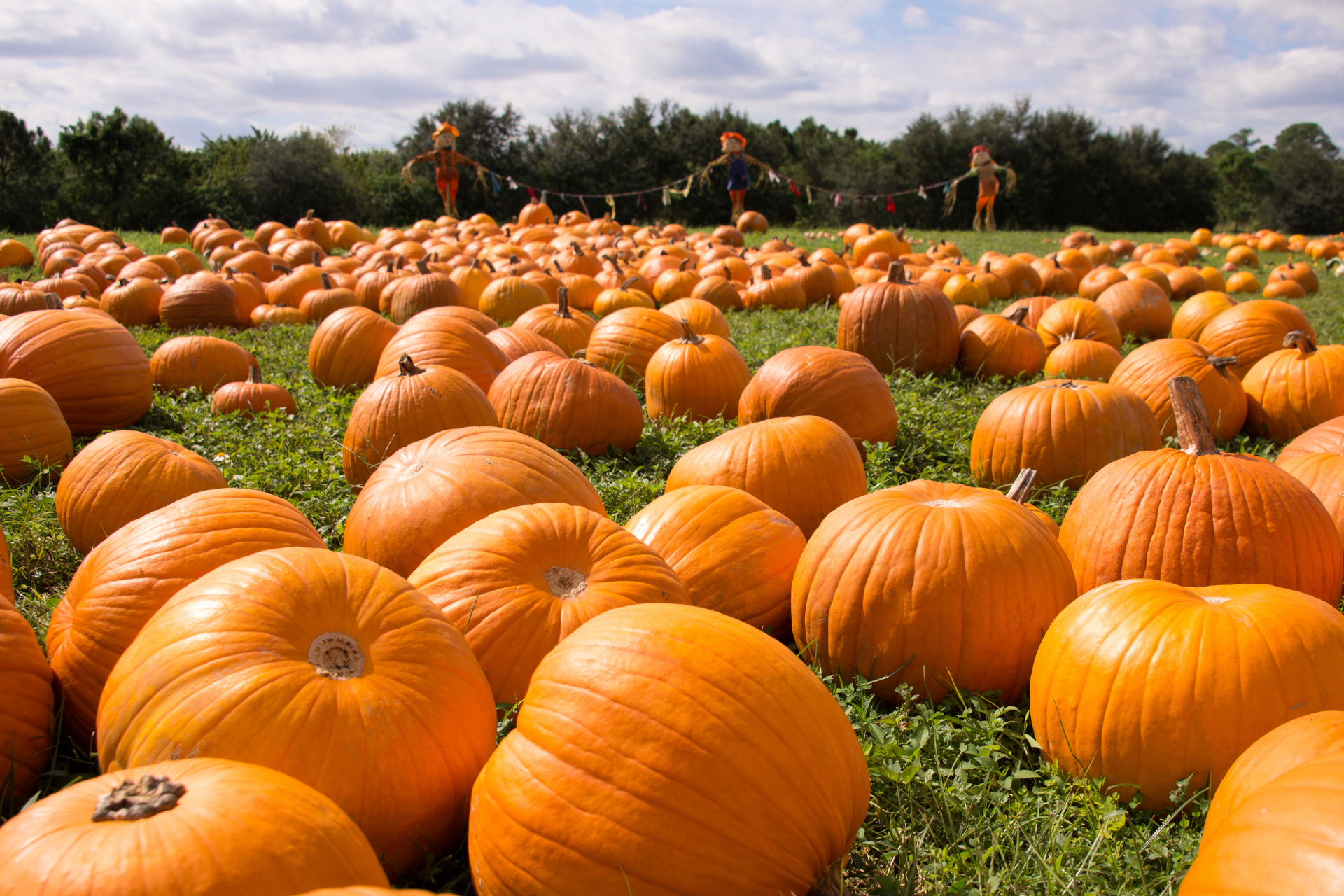

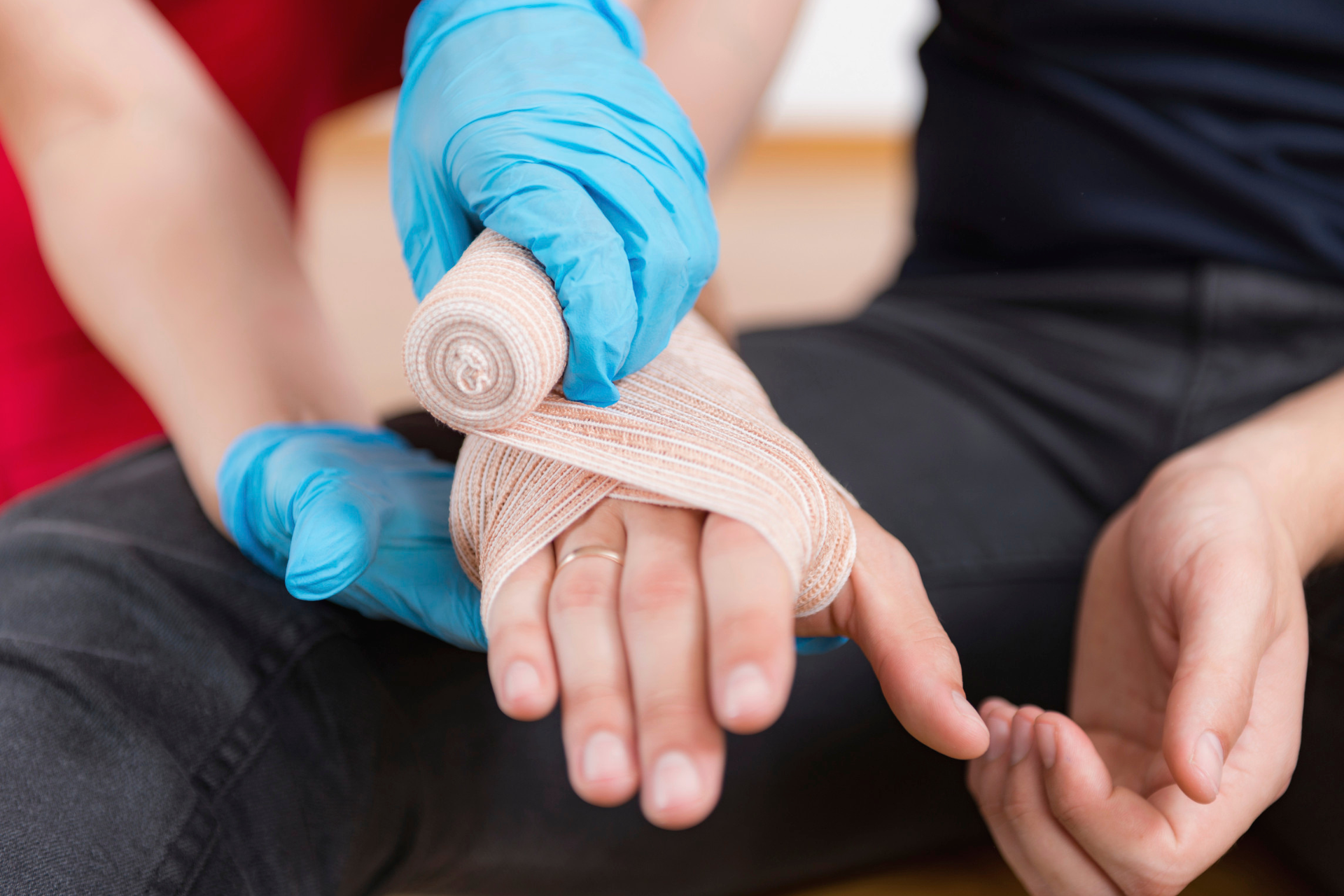

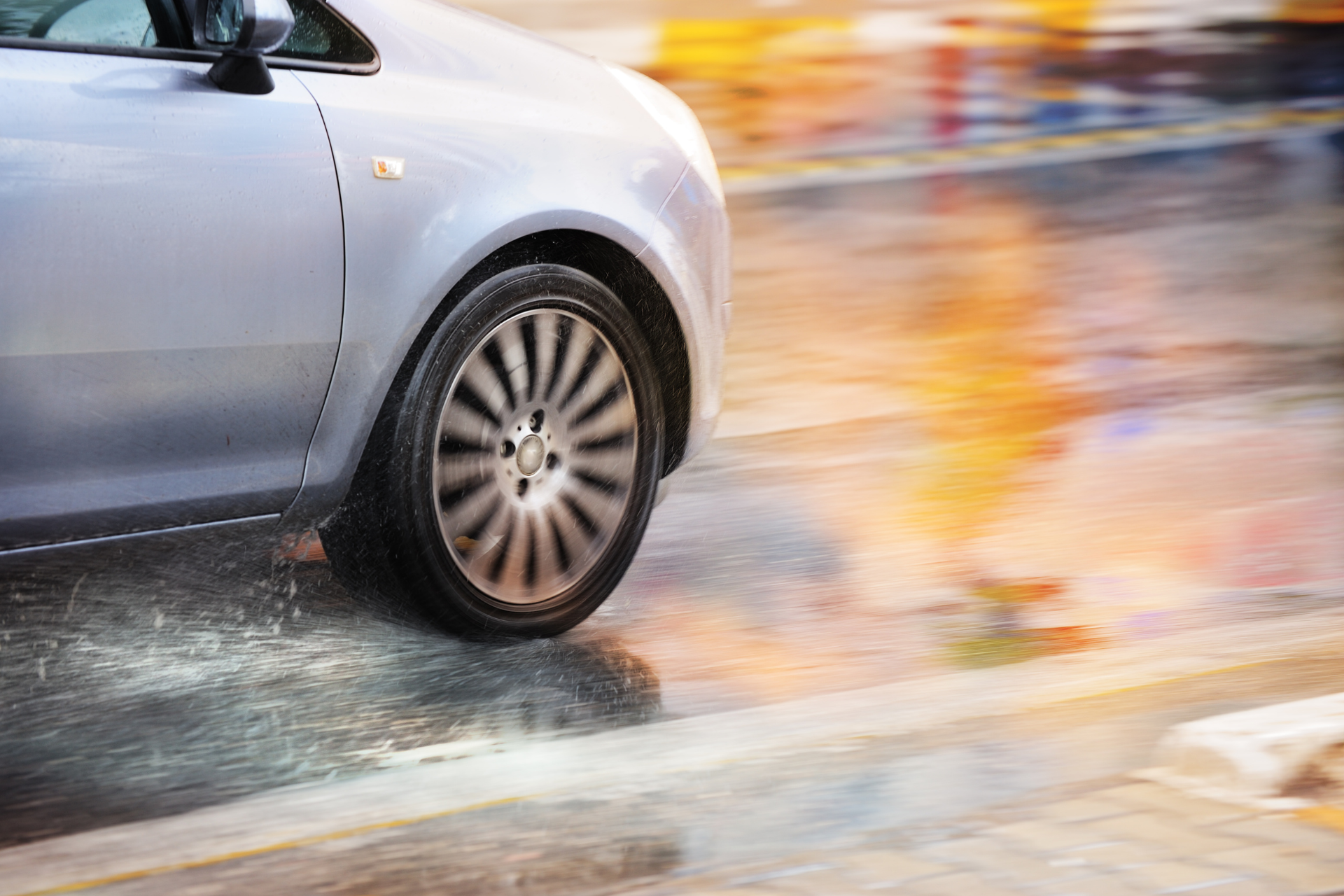
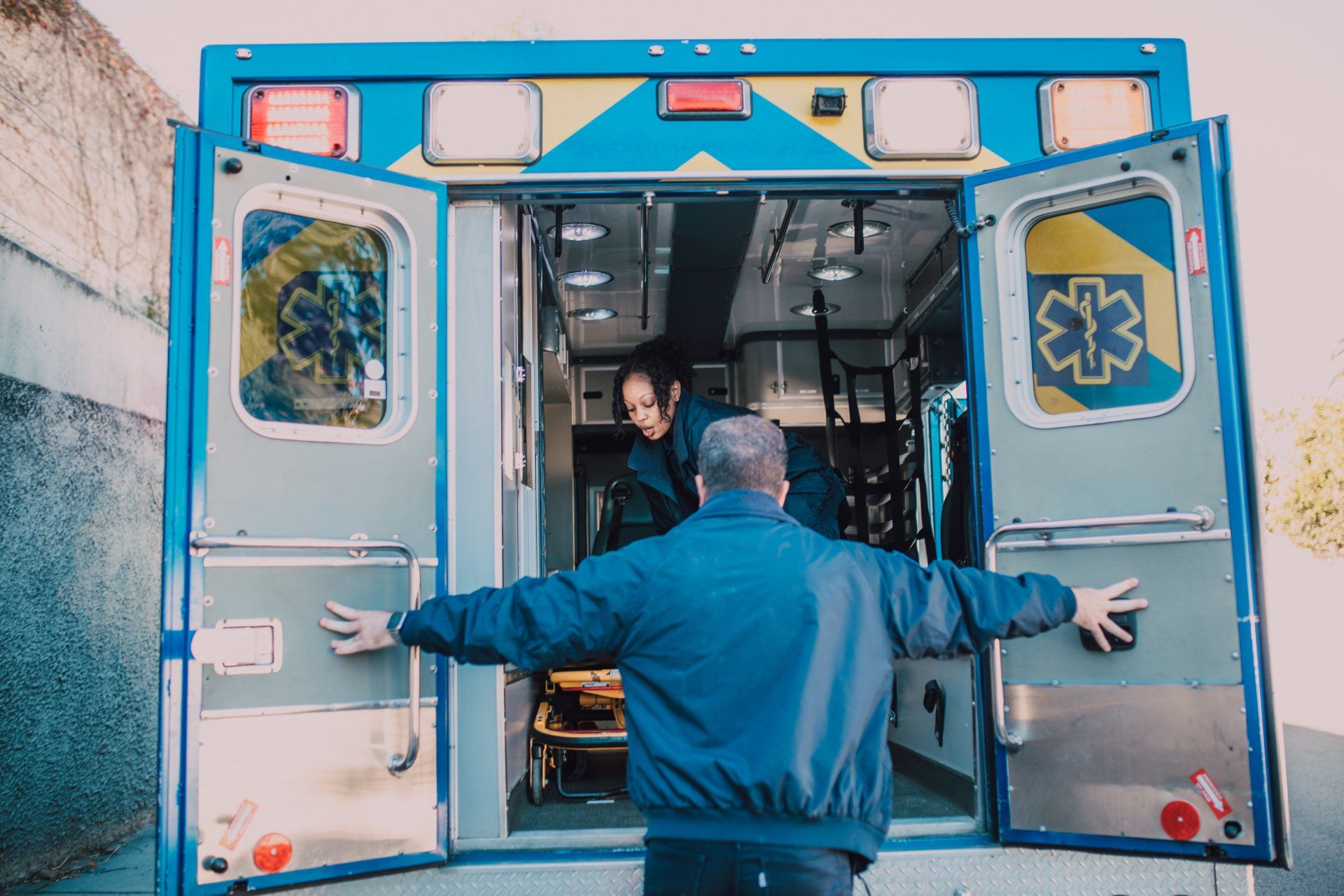
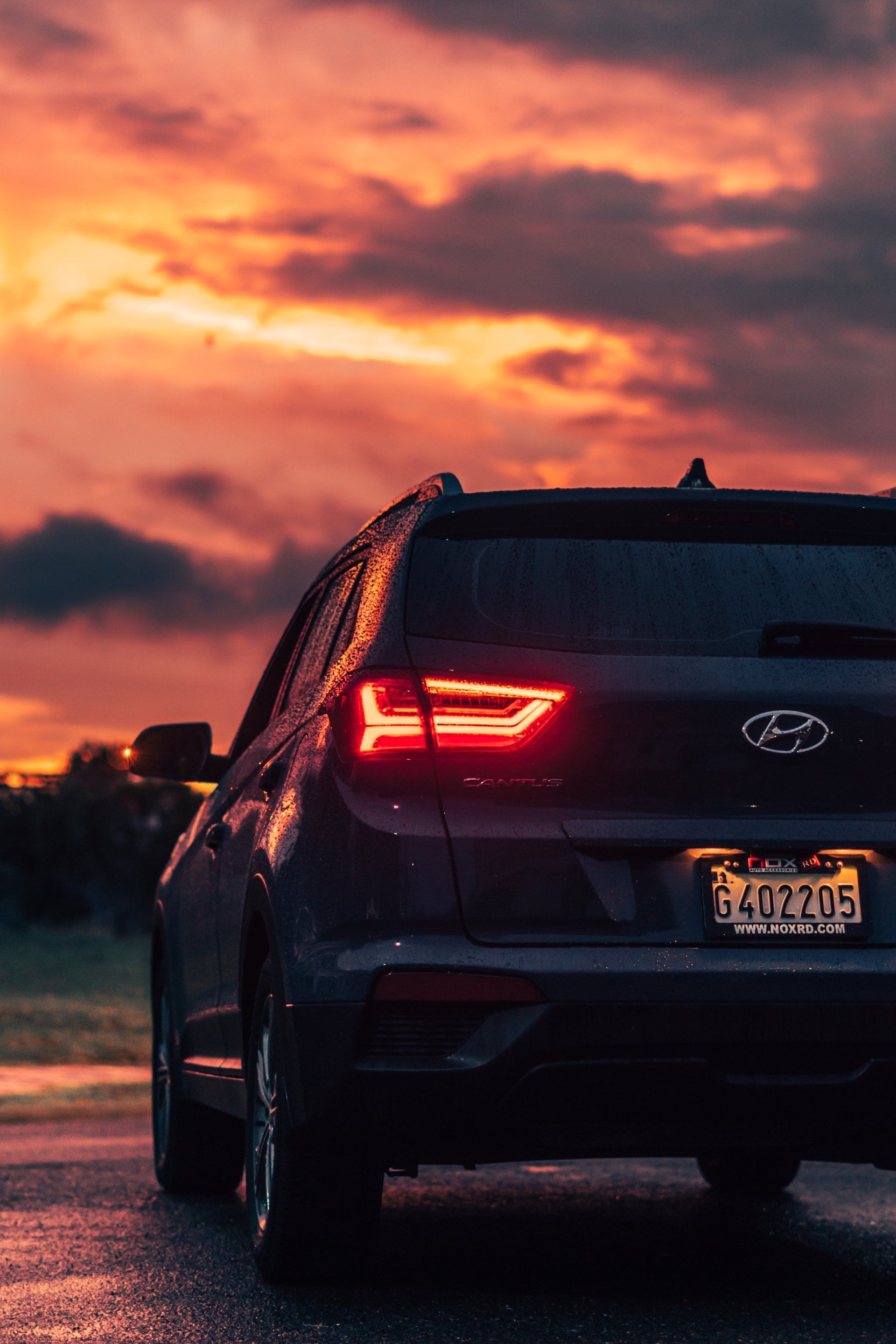

Phillip Mullins Law offers dedicated personal injury representation, helping accident and injury victims in Durham, NC, and the Carolinas secure the compensation they deserve.
©2024 All Rights Reserved

